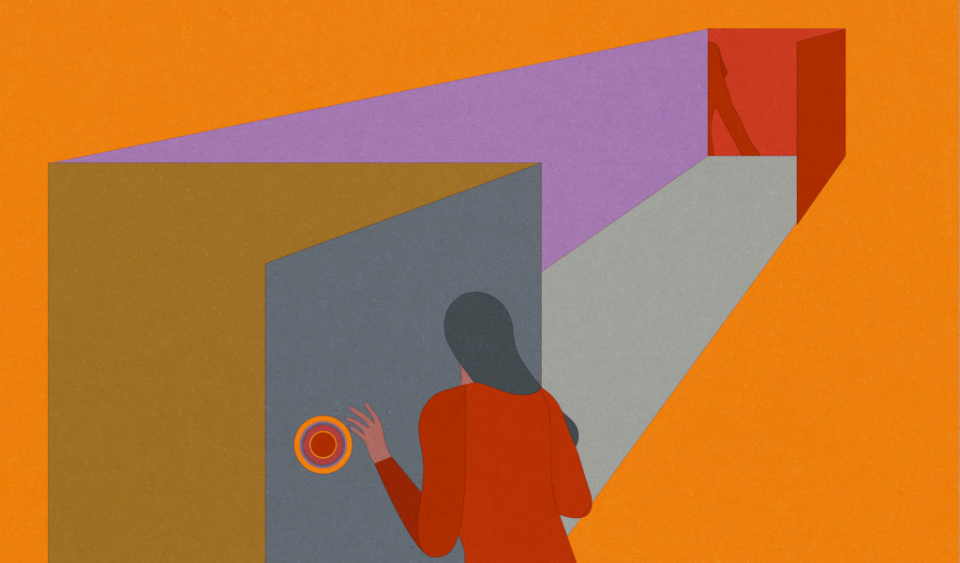Education

Big Small Screens
Media literacy project aimed at cultivating the media literacy skills of Lithuanian teachers and senior pupils, discovering and exploring our own communities, and fostering dialogue with foreign ones through media literacy activities. The project primarily focuses on audiovisual media and media products that appeal to school-age pupils (films, commercials, computer games, social networks, television, and multimedia journalism).

Art Rights, My Responsibilities! (ARMR)
For the second year running, ARMR is an educational copyright programme intended for Lithuanian schools. The programme aims to promote the protection of copyright and neighbouring rights as well as to foster intolerance for unauthorised use of works in schools. This is sought by integrating these topics into the educational process and raising the qualifications of teachers. Within the programme, copyright specialists, the project team and teachers have collaborated to develop a set of methods for teaching about copyright.

Young programmers
Young programmers is an educational initiative by Meno Avilios that aims to provide young people with the opportunity to “try out” the profession of a film program maker: watch films, discuss them, create their own film programs, and share them with the public. Simultaneously, it is an excellent opportunity to meet like-minded individuals, cultivate a discerning perspective on the screen and the world, express thoughts and feelings, and share them with others while engaging with professionals.”. The project funded by the EU sub-programme Media and partly supported by the Lithuanian Council for Culture.

Cinema: One Hundred Years of Youth
“Cinema: One Hundred Years of Youth” (originally titled „Le cinéma, cent ans de jeunesse”) is an international film education project, initiated by La Cinémathèque Française in 1995. By following an exclusive methodology developed by the French film critic Alain Bergala, the students from various countries – together with the filmmaker, teacher, and project curator – create a film in their country throughout the academic year, aiming to develop a new theme each year.
CinEd in Lithuania
International cinema education project for children, youth, their educators, and cultural as well as educational institutions. It offers an educational film platform (VoD) CinEd with free access to films and comprehensive educational material. Young viewers can use the platform to explore different films and share their experiences in an interactive space. Various educational activities are organised as part of the project to promote European film culture. CinEd is run by the Cinemateca Portuguesa together with partners from more than 10 European countries. The project’s representative in Lithuania is Meno Avilys.


Soundscapes
‘Soundscape’ is a term coined by Canadian composer and theorist Raymond Murray Schafer to describe a sonic environment. The project “Soundscapes” invites pupils and teachers to explore their sonic environment, thus developing an attentiveness both to their surroundings and to themselves, as well as the ability to look at phenomena from an artistic and scientific perspective. This project is implemented as part of a larger project “Modernisation of the Cultural Education System” organised by the Martynas Mažvydas National Library of Lithuania.
Stories. Through Sounds and Images
The project “Stories. Through Sounds and Images” aims to encourage teachers and upper secondary students to search for and discover creative ideas and stories in their everyday life, their immediate environment, and their relationship with the local community, and to look at art as a multidimensional cultural phenomenon analysed from the perspective of various educational subjects. The cultural intervention is part of the project “Modernisation of the Cultural Education System” organised by Martynas Mažvydas National Library of Lithuania.

Parent Dialogues
This is a series of remote meetings for parents of children aged 9-14 moderated by a child and adolescent psychologist. During the meetings, parents and experts from different media fields exchanged their experiences, discussed innovations, reflected on how the latter affect us and our relationship with our children, and how the concept of parenting is changing in the modern media environment.

Film Masterclasses
For more than 10 years, professional screenwriters, directors, cinematographers and experts in other fields have been providing training on the origins and development of cinema, key cinematic movements, contemporary film trends and the specifics of their respective craft. During the trainings, the professionals analyse different ways in which the camera can approach its subject, get to know it and tell its story in the language of cinema. Each assignment is a new challenge with a new set of rules, helping students discover ever-new secrets of film-making.



